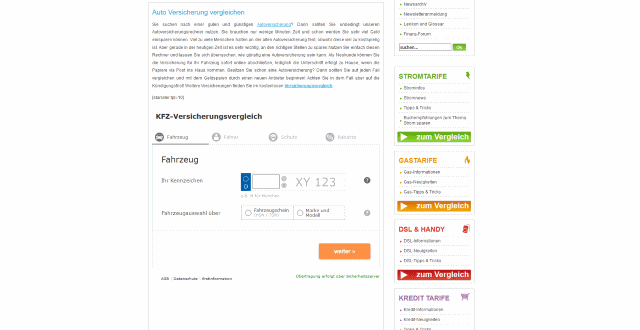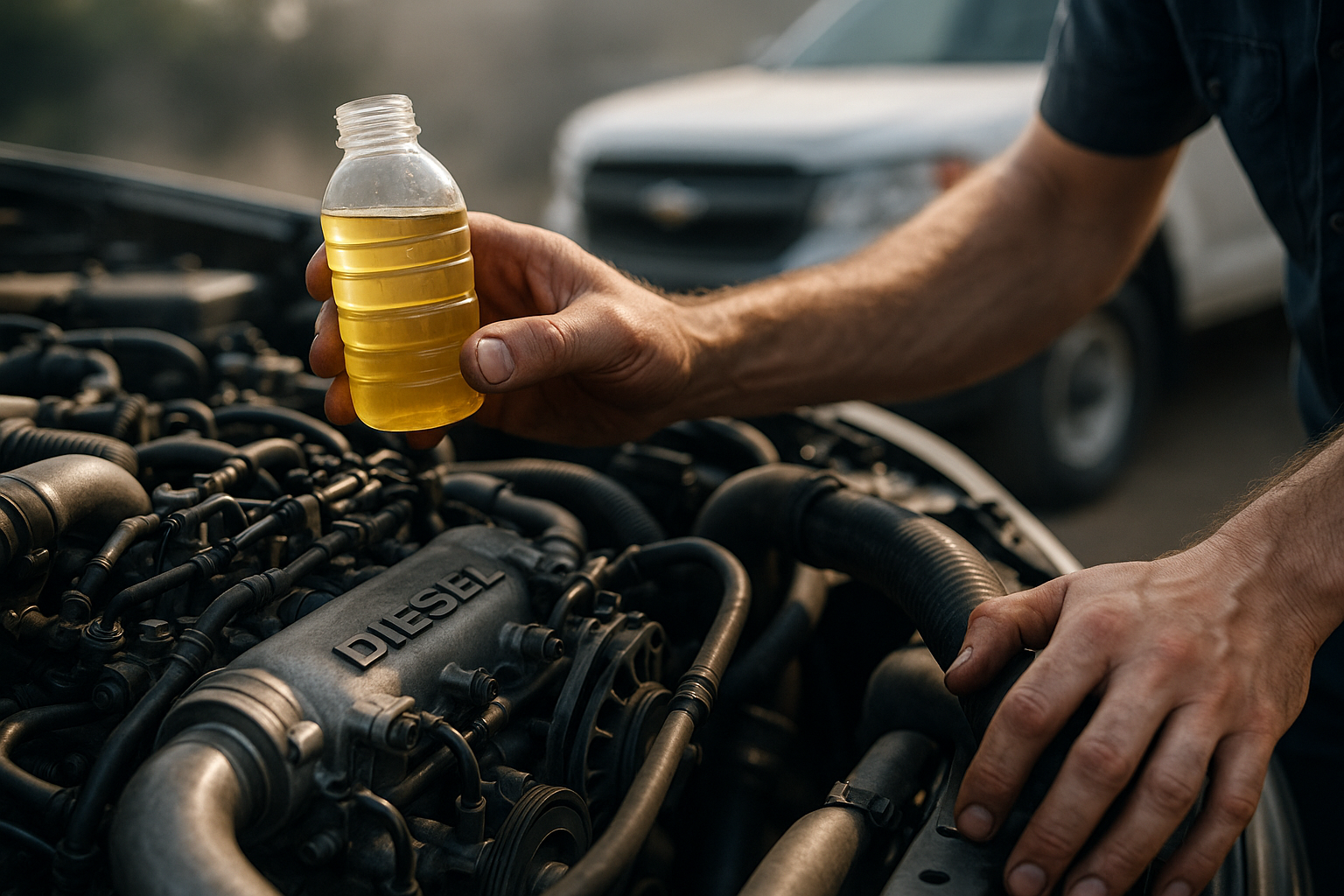Learn About Police Impound Motorcycles In 2025 - Discover Ways To Get One In The US
Police impound motorcycles have become an increasingly popular option for budget-conscious riders looking to acquire a two-wheeled vehicle at a potentially lower cost. As we approach 2025, the landscape of police impound motorcycle auctions and sales continues to evolve, offering unique opportunities for motorcycle enthusiasts across the United States. This article will explore the world of police impound motorcycles, providing valuable insights into what they are, how to find them, and what to expect in terms of costs and processes.

Buying a motorcycle from a police impound or recovered-vehicle auction can be a practical route to ownership in 2025, but it requires careful homework. Agencies dispose of bikes that were abandoned, seized, or recovered without a claimant, and many sell them through online platforms. Listings are typically “as-is, where-is,” with limited history and no guarantees, so the best outcomes come from understanding the process, documents, and risks before bidding.
police impound motorcycles in the us 2025 buying guide
Police and municipal sellers generally liquidate inventory via public auctions, either directly or through third‑party platforms. Expect minimal reconditioning; bikes may be non‑running, missing keys or parts, or carry salvage brands. Read listing notes carefully for VIN, title status (clean, salvage, non‑repairable, or bill of sale only), and whether keys are present. Many platforms post photos, condition notes, and pickup rules. Preview days may be available through local services in your area; if not, rely on images and lot descriptions, and bid accordingly.
how to purchase impounded motorcycles from police auctions
Start by creating accounts on auction platforms that host public agency assets. Some require a refundable deposit to bid. Learn platform fees, payment deadlines, and pickup windows before placing offers. Filter for motorcycles, set maximum bids, and use proxy bidding when available. If permitted, inspect the lot or send a licensed mechanic or transport partner. Plan logistics in advance: many locations lack jump‑starts, loading help, or title clerks on site. After winning, pay promptly, obtain release paperwork, and schedule pickup within the allowed timeframe to avoid storage charges.
police recovered motorcycles for sale and auction listings
Recovered motorcycles are often listed with limited history, especially if prior owners or insurers have already been paid. Scrutinize photos for crash damage, frame issues, and missing components. Cross‑check the VIN with tools such as state title lookups or nationally recognized databases to understand brands and prior total‑loss events. Review whether the sale includes a negotiable title, a salvage title, or only a bill of sale; that difference affects your ability to register the bike. Search broadly across multiple platforms and set alerts for makes, models, and locations in your area.
steps to get a motorcycle from police impound legally
Compliance varies by state, but the sequence is similar: pay the invoice, obtain the auction bill of sale and any title provided, and secure a release to remove the bike. For bikes sold with bill of sale only, ask your DMV about bonded title or rebuilt‑salvage processes before bidding. Many states require inspections for rebuilt or previously stolen/recovered motorcycles, plus proof of parts receipts and VIN verification. Expect to pay buyer’s premiums, documentation fees, taxes, and registration costs. Keep all paperwork, including tow yard receipts, which some DMVs request to establish a lawful chain of custody.
used motorcycle auctions and impound sales opportunities
Police and municipal assets are widely sold online in 2025. Typical price drivers include brand, displacement, cosmetic and frame condition, title status, keys, and whether the bike starts. Buyer’s premiums on many platforms range roughly from 5% to 15%, with potential storage or gate fees if pickup is delayed. The snapshot below lists common places where agencies dispose of motorcycles and typical cost ranges observed for running and non‑running units.
| Product/Service | Provider | Cost Estimation |
|---|---|---|
| Police/municipal online auctions | PropertyRoom | $300–$5,000+ |
| Government surplus and seized auctions | GovDeals | $500–$6,000+ |
| Public agency surplus and impounds | Public Surplus | $400–$5,500+ |
| Local government auction marketplace | Municibid | $800–$6,500+ |
| Salvage/municipal consignments (varies) | Copart | $200–$8,000+ |
| Salvage/municipal consignments (varies) | IAA | $200–$8,000+ |
Prices, rates, or cost estimates mentioned in this article are based on the latest available information but may change over time. Independent research is advised before making financial decisions.
Beyond hammer price and buyer’s premium, budget for transport. If the motorcycle is non‑running, arrange a trailer or professional hauler familiar with auction pickups. Some facilities require appointments and photo ID, and most will only release to the buyer or a documented agent. Insurance carriers may require a photo inspection before binding coverage on rebuilt units; clarify requirements and potential salvage brand restrictions with your insurer.
Title status is central to value. Clean or transferable titles generally command higher prices and make registration more straightforward. Salvage or non‑repairable titles can limit road use without completing a rebuild and inspection process defined by your state’s DMV. Where a bonded title path exists, factor the bond premium and waiting period into your timeline. If only a bill of sale is provided, confirm in advance that your state permits titling from that document, as rules differ.
Watch for common pitfalls: hidden damage beneath plastics, electrical issues after long storage, and missing immobilizer keys on newer bikes, which can be costly to replace. Frame misalignment or bent forks can turn a seemingly cheap purchase into an extensive repair. When previewing is not possible, bid conservatively and prioritize listings with comprehensive photos and clear paperwork descriptions.
In 2025, most successful buyers combine broad search coverage with disciplined bidding and realistic repair budgeting. By verifying title pathways before bidding, understanding fees, and planning transport and inspections, it is possible to acquire a police impound or recovered motorcycle responsibly and bring it into compliant road service where permitted by state law.




